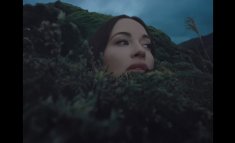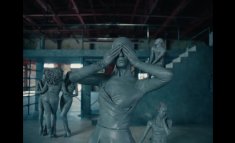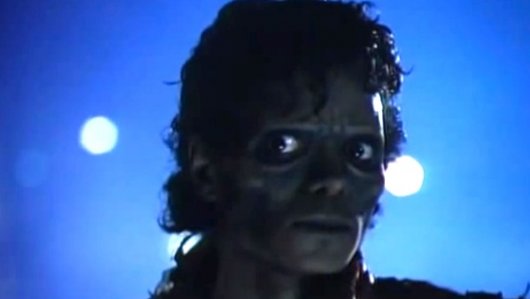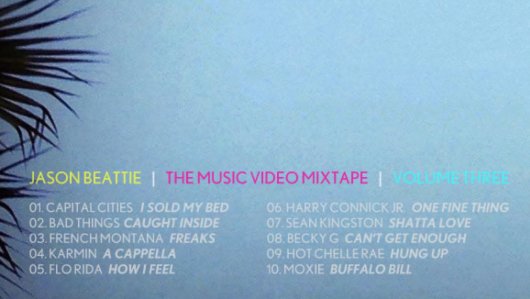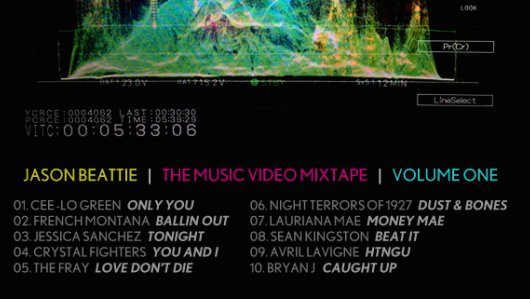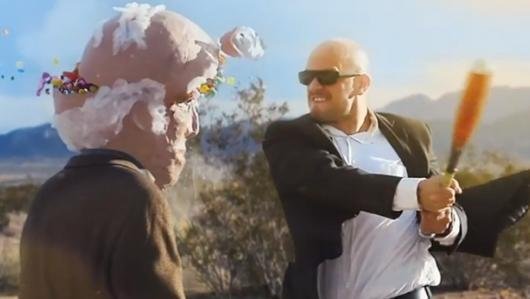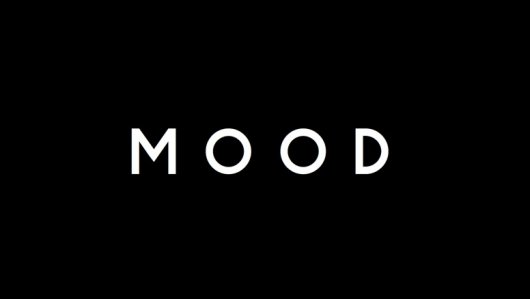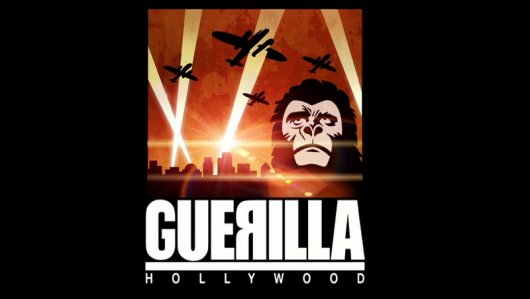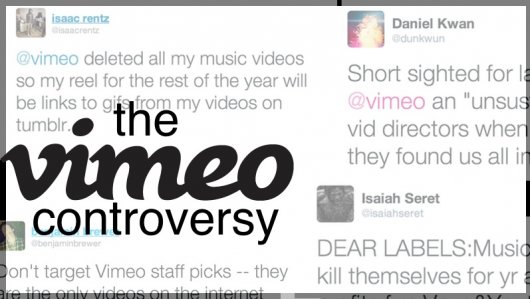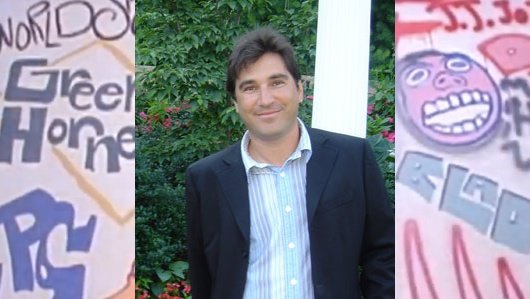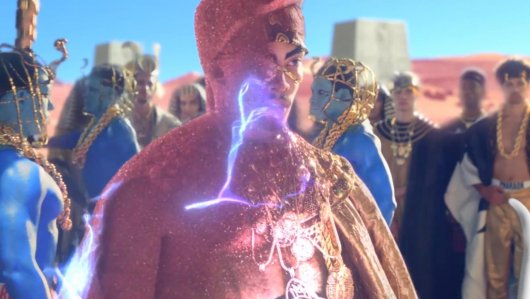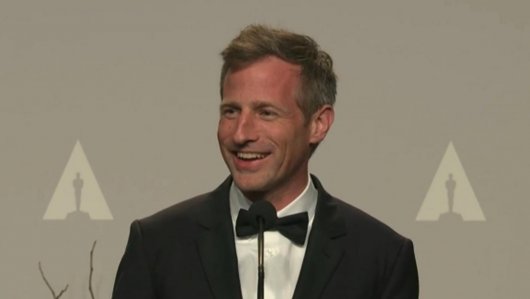John Landis Talks About the Ultimate Vanity Video: Thriller
"What’s important to remember is Thriller had already become the most successful album of all time. So this is what was called a vanity video... They don’t sell records; they’re there to make the artist happy.” — John Landis, director [via Newsweek]
It's hard to argue with "Thrille" as the Greatest Video Of All Time, and it's even harder to find fault with this retelling of the video's Behind The Scenes story via Newsweek.
At the time "Thriller" was considered an exercise in artistic excess: Spending over 10x the normal budget on a nearly 14 minute opus that was part horror film and part dance extravaganza is not generally considered smart business. But, nearly everything about the video became a cultural landmark from the wardrobe to the dance and let's face it: The video was all Zombies before Zombies were all the rage.


